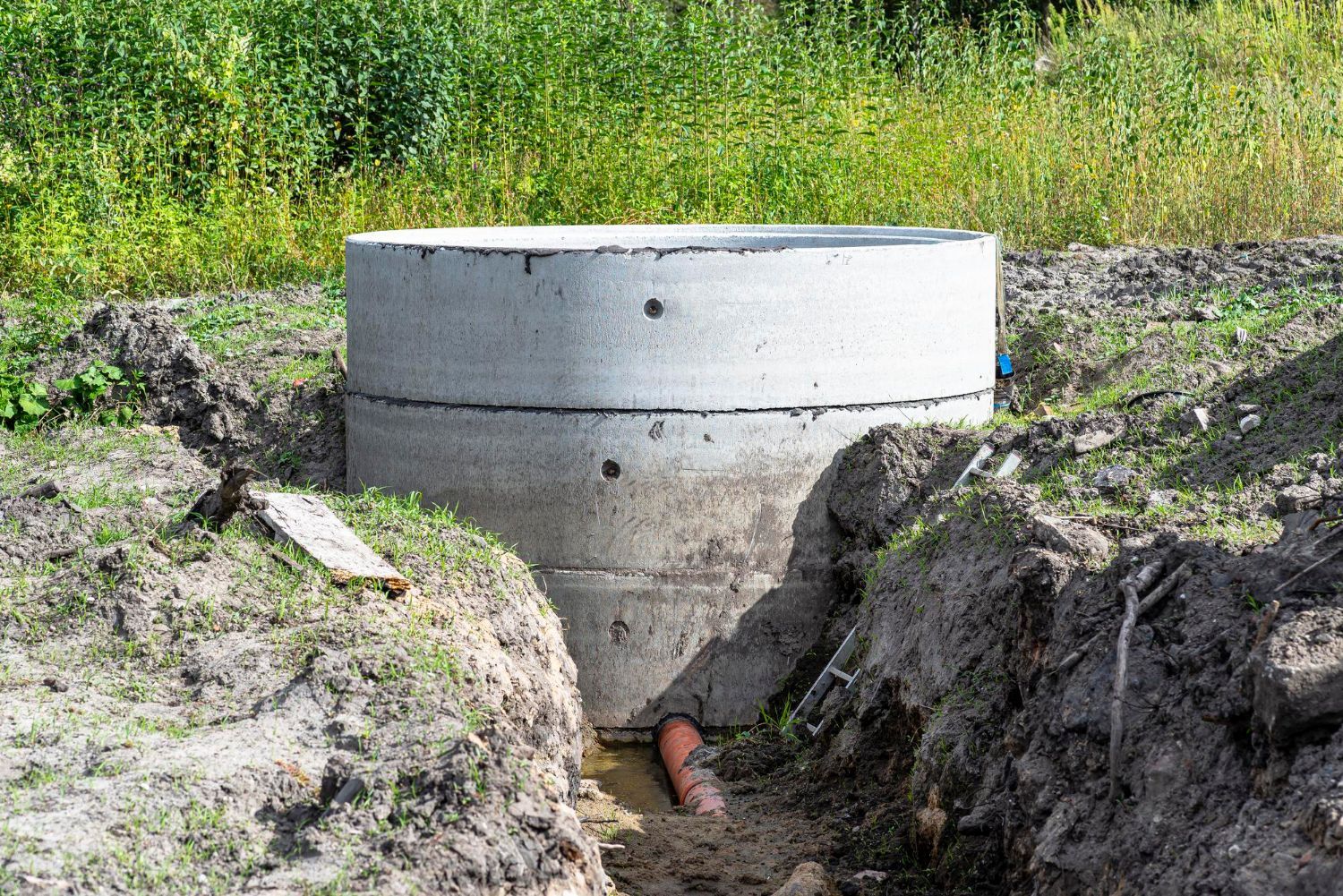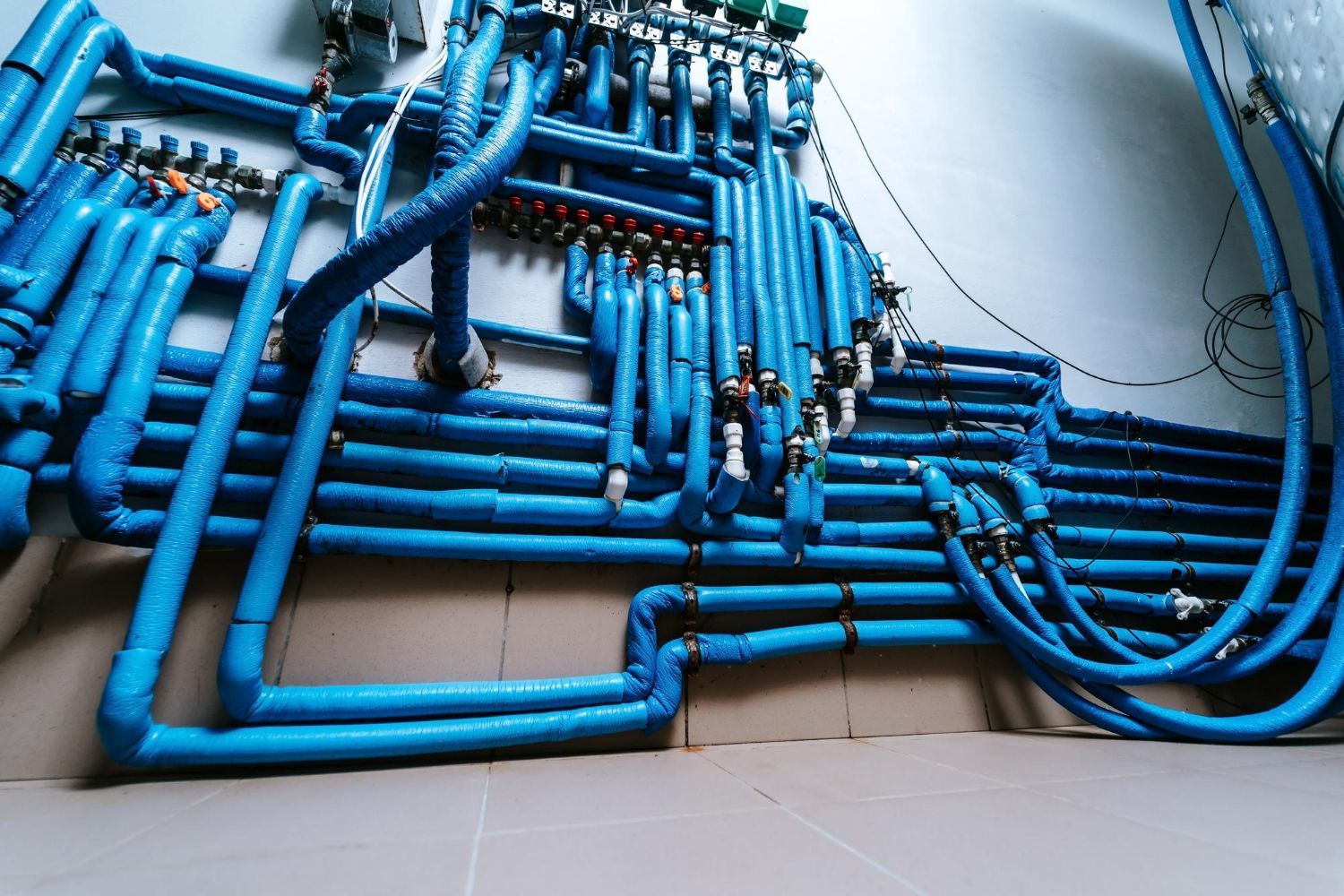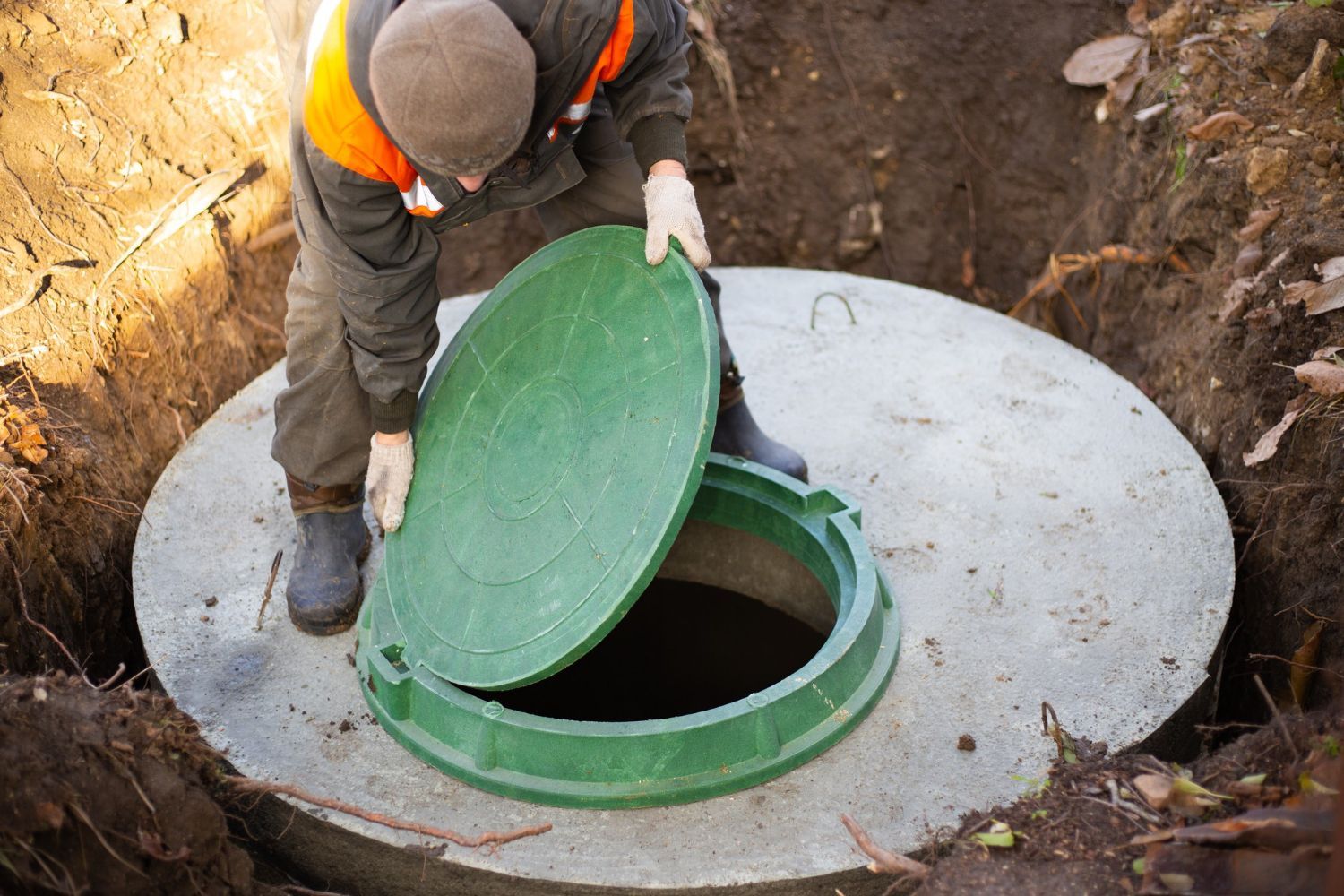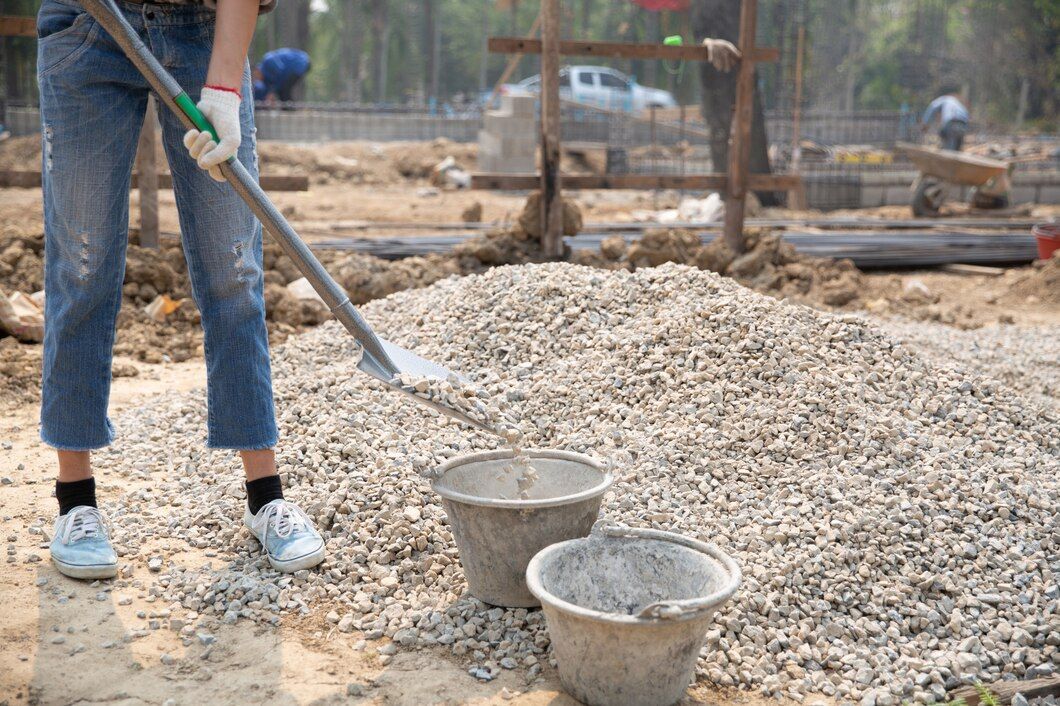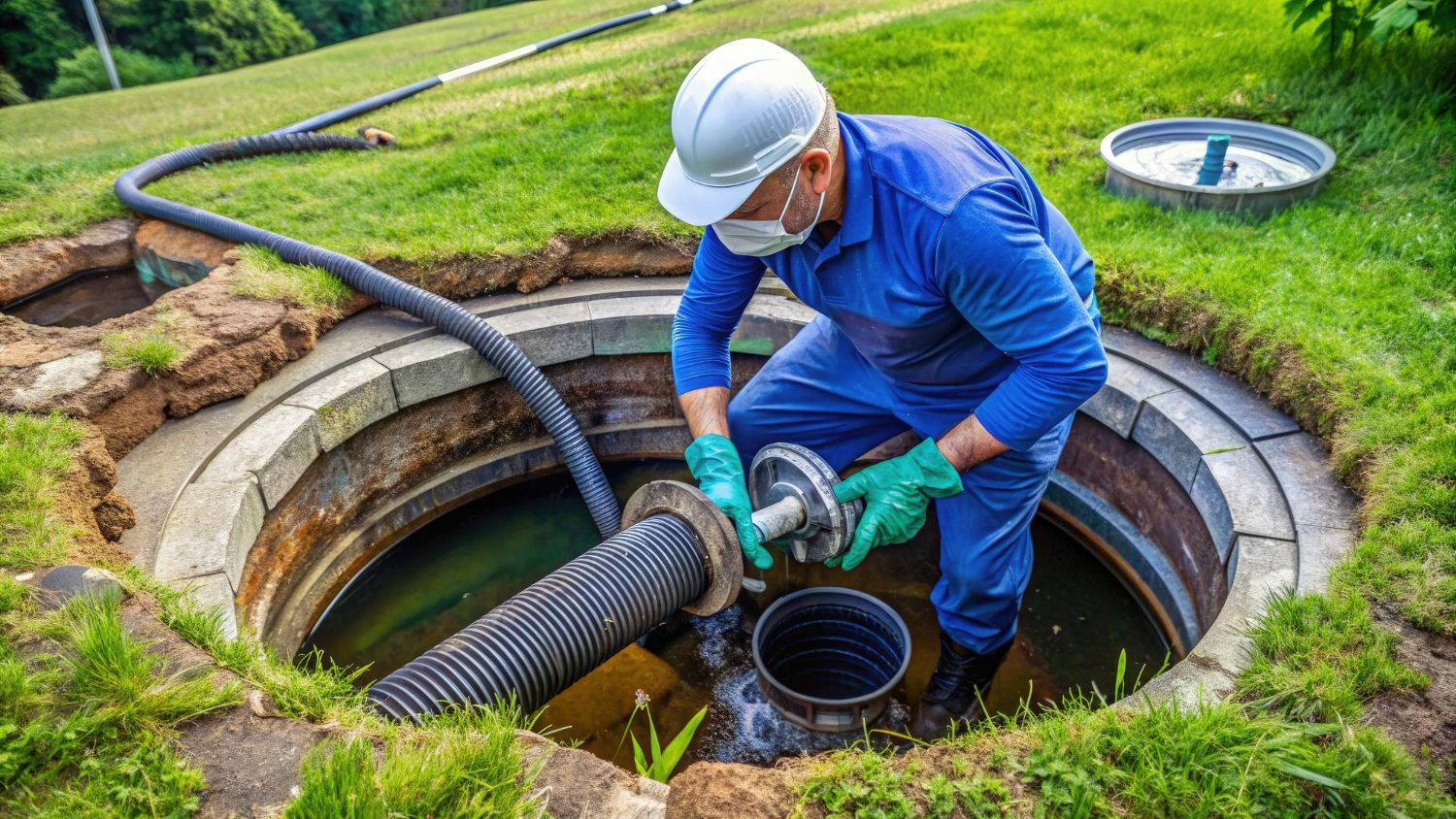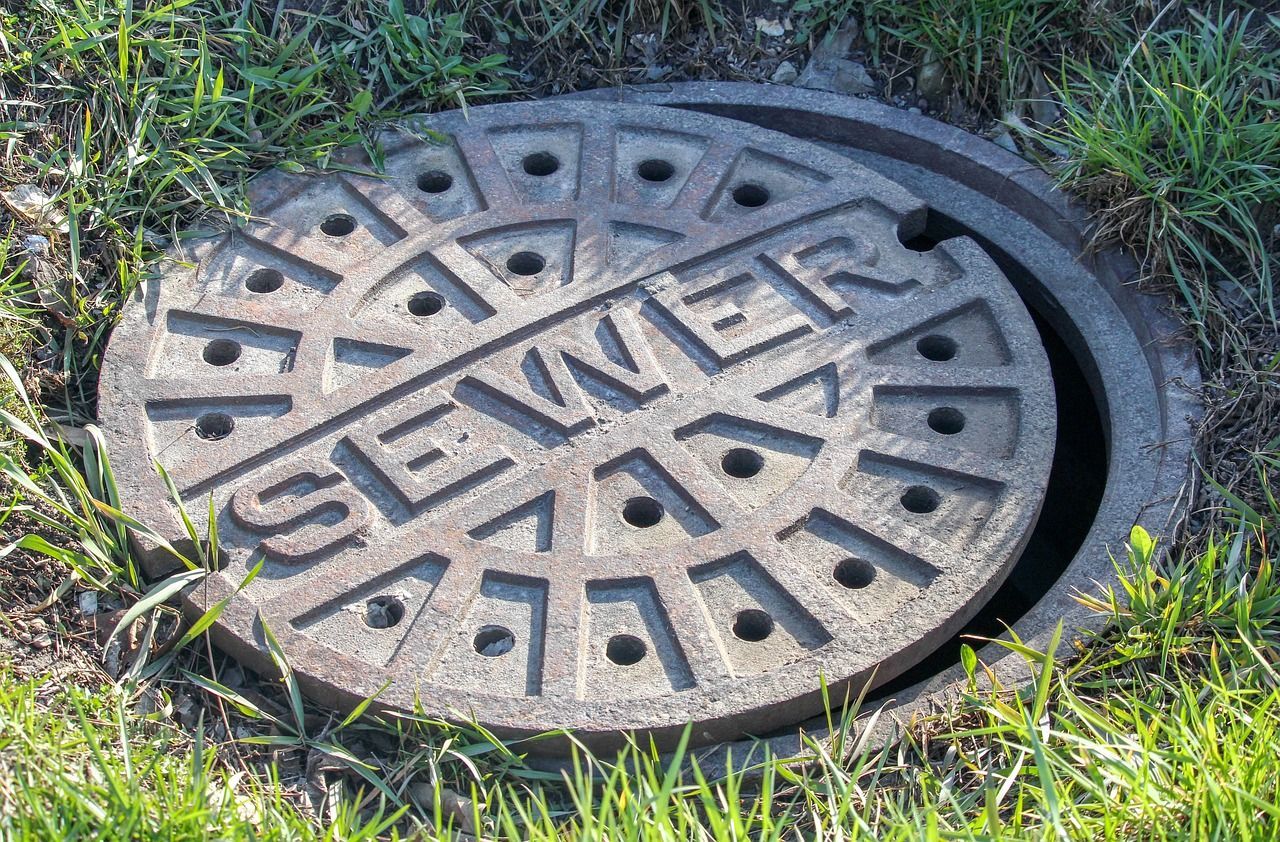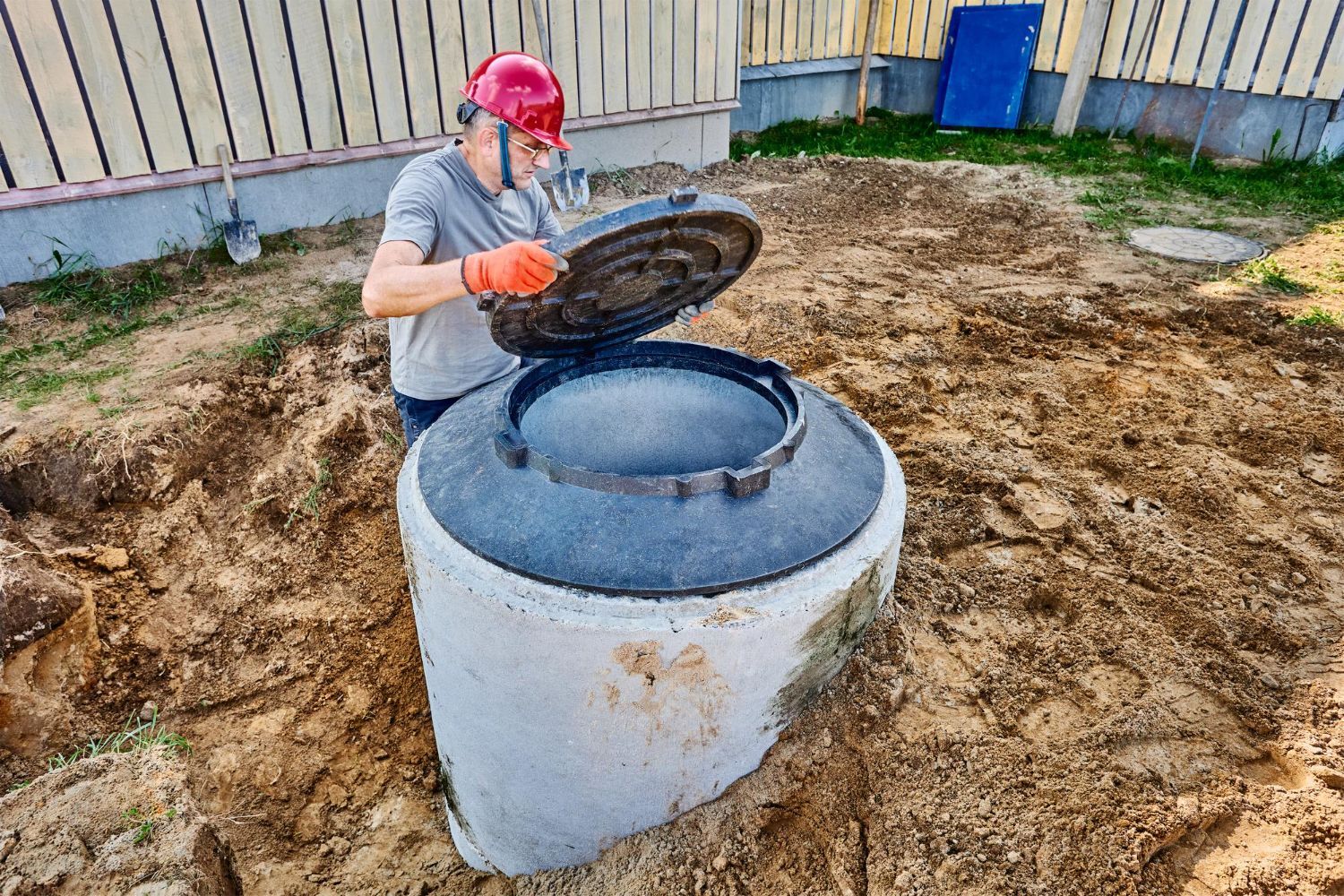How to Care for Your Septic System at Home
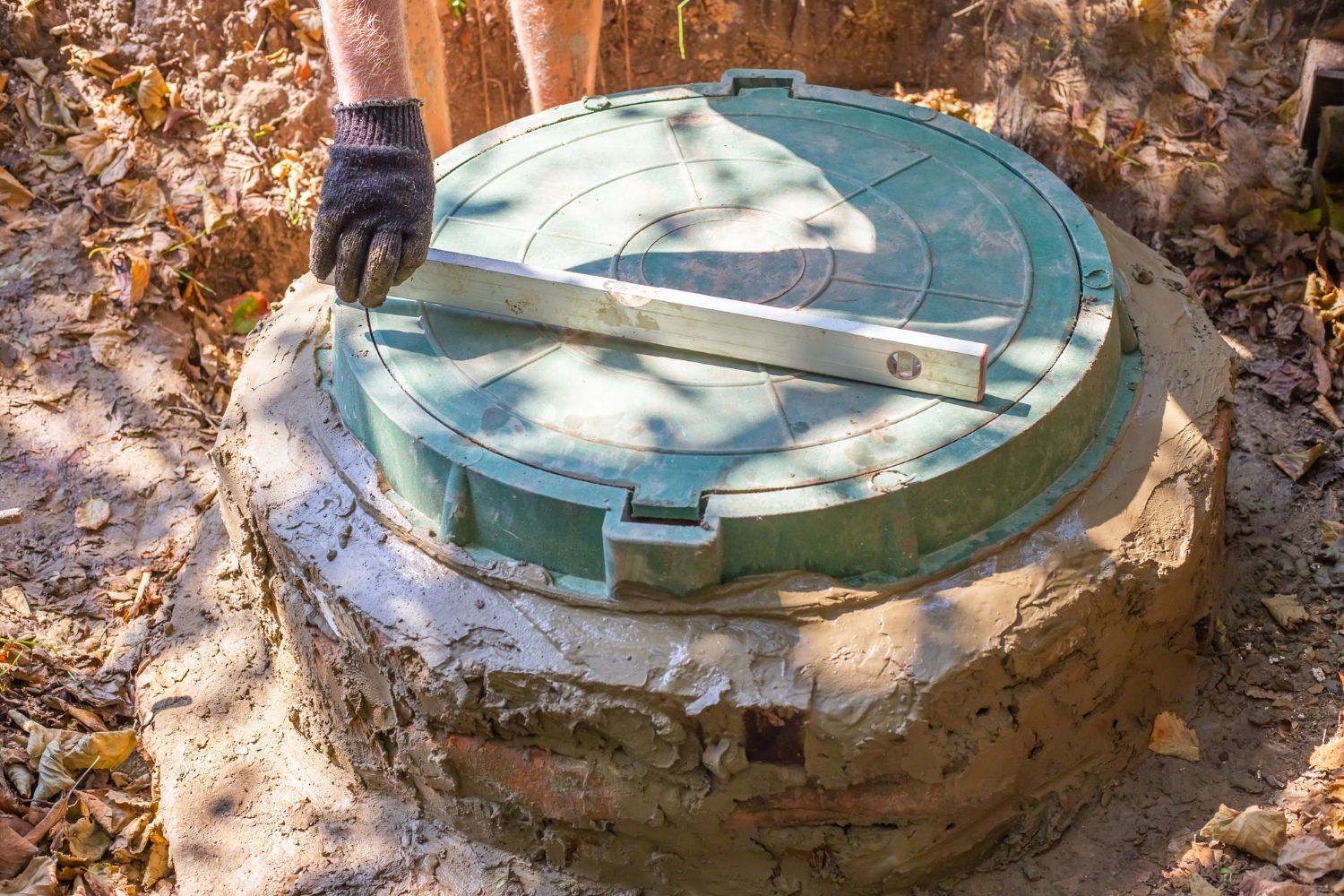
Taking care of your septic system is crucial for keeping your home’s plumbing running smoothly. A well-maintained septic system can prevent costly repairs and potential health hazards. Understanding how to properly care for it can make a big difference in its efficiency and longevity.
Many homeowners might not think about their septic system until there’s a problem. However, regular maintenance is necessary to avoid unexpected issues. Simple practices such as scheduling inspections, using water wisely, and understanding what not to flush can help keep your septic system in top shape.
A healthy septic system supports not only your household’s daily activities but also the environment. By following some straightforward tips and guidelines, you can ensure that your septic system functions efficiently. In this article, we will go over various ways you can care for your septic system, helping you maintain it effectively and avoid any future headaches.
Regular Inspection and Pumping
Regular inspection and pumping are crucial for keeping your septic system in good shape. Most experts recommend having your septic system inspected every three to five years, depending on the size of your household and the usage. During an inspection, a professional will check for leaks, unusual odors, and other signs of trouble.
Pumping your septic tank is another important step. Over time, solid waste builds up and can clog the system. Pumping removes this waste and prevents blockages. Typically, you should pump your tank every three to five years, but this can vary based on your household size and water usage. Regular pumping helps you avoid costly repairs and keeps your system running smoothly.
Keeping track of when your system was last inspected or pumped can help you stay on top of maintenance. Setting a schedule for these services ensures that you won’t forget or delay essential maintenance tasks. Regular care can extend the life of your septic system and keep it functioning properly.
Responsible Water Usage
How you use water in your home affects the performance of your septic system. By using water responsibly, you can reduce the strain on your system and prevent problems. Simple habits can make a big difference in water conservation and septic care.
First, be mindful of how much water you use each day. Running dishwashers and washing machines only when they are full can save a significant amount of water. Fixing leaky faucets and toilets immediately also helps reduce water waste. Installing water-saving fixtures such as low-flow showerheads and toilets can further cut down on water usage.
Spreading out water use throughout the day can prevent your septic system from becoming overloaded. For instance, avoid running multiple water-heavy appliances at the same time. Staggering laundry loads and showers can give your septic system time to process the water properly.
Practicing responsible water usage not only benefits the environment but also helps maintain the efficiency and longevity of your septic system. It reduces the amount of water entering the system, making it easier for your septic tank to manage waste effectively.
Proper Waste Disposal
Proper waste disposal is essential for the health of your septic system. Knowing what can and cannot go down the drain can save you from many problems. Many items that we commonly flush or pour down the sink can cause blockages and damage.
Here are some items you should never flush or drain:
1. Grease and Oils - These can harden and clog your pipes.
2. Feminine Hygiene Products - They do not break down and can cause blockages.
3. Non-Flushable Wipes - Even if labeled "flushable," these can still cause clogs.
4. Paper Towels and Tissues - Unlike toilet paper, these don’t dissolve easily and can lead to blockages.
5. Chemicals and Medications - These can harm the beneficial bacteria in your septic tank and lead to contamination.
Being mindful of what goes into your septic system helps prevent unnecessary clogs and maintenance issues. Also, spreading awareness among household members about proper disposal can go a long way in septic system care.
Maintaining Your Drain Field
Maintaining your drain field is a key part of keeping your septic system functional. The drain field, also known as the leach field, is where the wastewater from your septic tank is filtered through the soil. Keeping it in good condition ensures that your entire septic system works effectively.
First, keep the area around the drain field clear of large plants and trees. Roots from these plants can infiltrate and damage the pipes, causing blockages and leaks. Stick to planting grass or shallow-rooted plants in this area to avoid issues.
Avoid parking vehicles or placing heavy objects on the drain field. The weight can compact the soil and damage the pipes underneath. Excessive soil compaction makes it harder for wastewater to be absorbed and treated by the soil.
Finally, be mindful of water flow to the drain field. Excessive water from rain gutters or irrigation systems can overwhelm it. Redirect these sources of water away from the drain field to maintain its efficiency.
Conclusion
Caring for your septic system properly is crucial for its longevity and efficiency. Regular inspections and pumping, responsible water usage, proper waste disposal, and maintaining your drain field are all key steps to ensure your system works smoothly. Ignoring these tasks can lead to costly repairs and potential health hazards.
By taking proactive measures and being aware of how your actions impact your septic system, you can prolong its lifespan and maintain a healthy home environment. Don't wait until a small issue becomes a significant problem. Prioritize these maintenance tips to keep your septic system in top condition.
For professional septic and
residential plumbing services, contact Apollo Sewer & Plumbing. Our team is ready to help you with all your plumbing and septic needs. Call us today to schedule an inspection or service!

